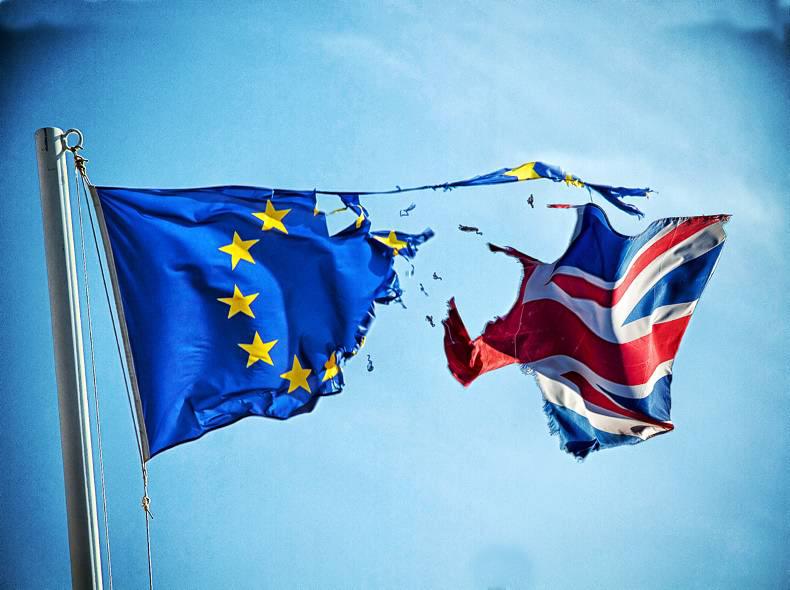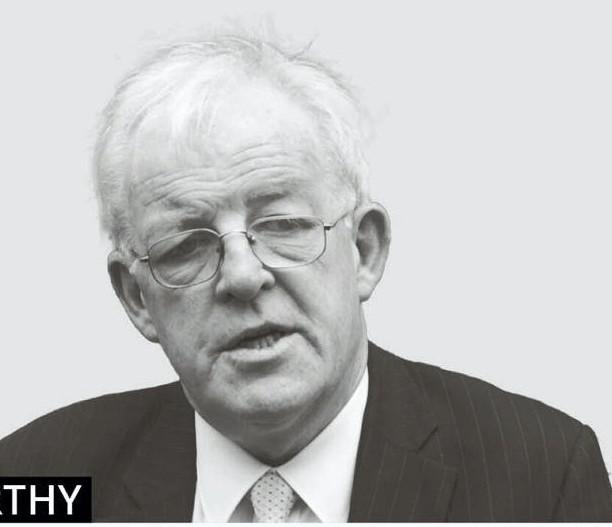The ramifications of the UK’s decision to depart the European Union are no clearer than they were before the vote was taken.
Two months on from the referendum, the British government has made no progress at all in clarifying its negotiating position on Brexit. The intention appears to be that the Lisbon Treaty’s Article 50 will not be triggered soon, perhaps not until the end of next year, and that notification to the EU will mark the commencement of a lengthy process.
The detailed trade deal to replace British membership in the single market will take several years subsequent to the Article 50 notification. The prime minister has stated only that “Brexit means Brexit”, which is rather like saying that onions means onions. There are many varieties of onions, and there are many options for the UK’s long-term relationship with the EU, all of them capable of fitting the Brexit description.
No uncertainty about the likely policy stance is removed by Theresa May’s vacuous commitment – it could mean anything.
The problem for Ireland, and particularly for Irish farming and agribusiness, is that there is no likely outcome that will result in a continuation of existing arrangements. Britain will be departing the Common Agricultural Policy, whatever model is chosen. This was an explicit objective of many Leave campaigners.
The alternatives include a deal which mirrors the EU’s relationship with non-member Norway, the looser deal with Switzerland or a new and customised structure designed for Britain alone. Even the so-called Norwegian model, the closest to current market access for most businesses, does not cover agriculture.
For the other sectors of the Irish economy this would be the least disruptive outcome but it looks very unlikely. The Norwegians, in exchange for market access, have agreed to accept free movement of labour, and it is hard to believe that the British will opt for this model: after all, the reintroduction of some form of immigration control was at the heart of the successful Leave campaign.
The Norwegian model has one attractive feature: there is a clear precedent and it could be negotiated quickly. If it is not acceptable to the Brexiteers, and it can hardly be, that immediately pushes back the negotiation timetable. A bespoke trade model will have to be fashioned with the EU and Britain will also need new trade arrangements with its non-European partners, to be negotiated in parallel.
The Norway model would deliver continued access to the single market but with no control on immigration, continued contributions to the EU budget and no voice in the EU’s councils. This is a terrible deal if you voted to get Britain disentangled from the European Union and would likely split the Tory party.
Negotiations on a new deal will prolong, for an unknown period, the uncertainty that now surrounds corporate investment decisions, not just in Britain but also in its trading partners.
The short-run impact of the referendum vote has yet to show up in the economic data (there has been no sudden meltdown) but the various surveys of business sentiment have turned sharply negative.
Sterling has fallen, which will give a short-term fillip to the UK economy, but the Bank of England fears an eventual downturn and has already loosened monetary policy. Whatever about the short term, it is difficult to see how a serious negative impact on corporate investment in the UK can be avoided. Companies cannot be expected to invest in production capacity in the UK until the terms of access to European and world markets have been clarified. Terms of access to markets outside Europe are currently governed by trade agreements negotiated at EU level and will also need to be replaced on a time-consuming country-by-country basis.
If a new deal using some existing template cannot be employed, Britain’s decision to quit the EU will take many years to bring to a conclusion. Existing arrangements continue for two years after the Article 50 notification, perhaps until some date towards the end of 2019. What follows then is simply unknown. The British political leadership has, in a remarkably careless series of miscalculations, left the exploration of what the referendum might mean until after the vote was taken.
Since referendum votes in Britain are not constitutionally binding, it is conceivable that there could be either a second referendum or an early general election fought on the European issue. Some commentators in Ireland are predicting that Brexit will be avoided through an assertion of primacy by parliament, where there is a pro-EU majority.
But this looks like wishful thinking – too many political bridges have been burnt and both the Conservative and Labour parties have accepted the referendum result. Brexit means Brexit, whatever it turns out to imply.








SHARING OPTIONS